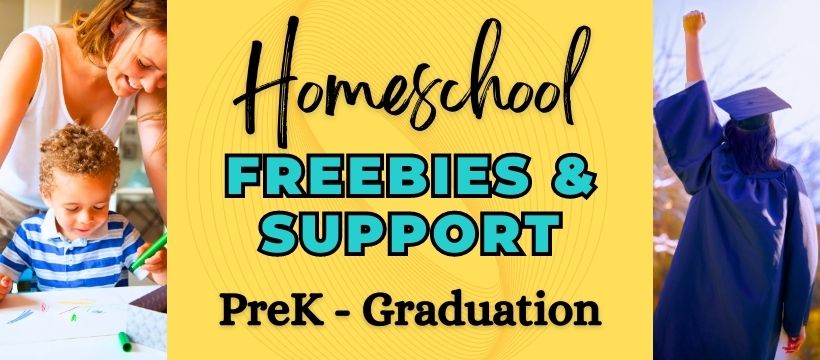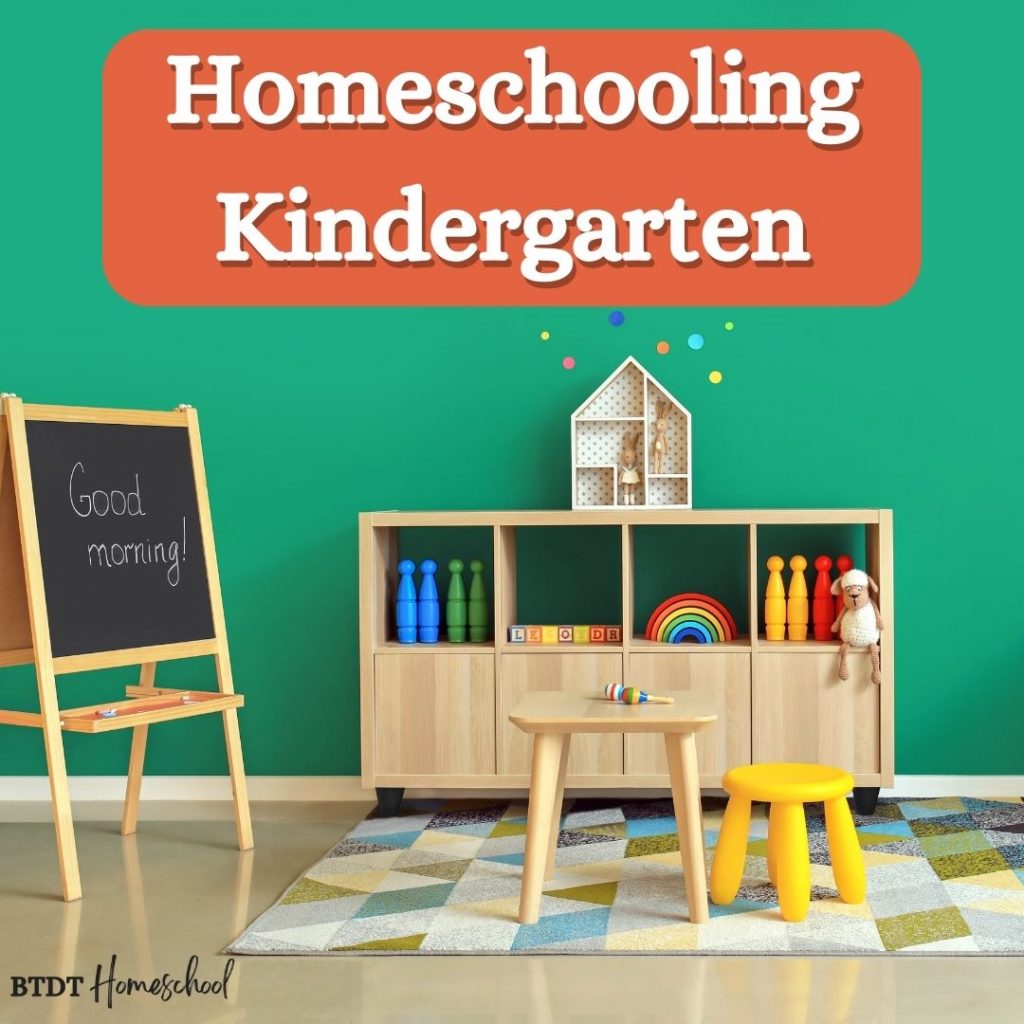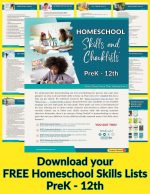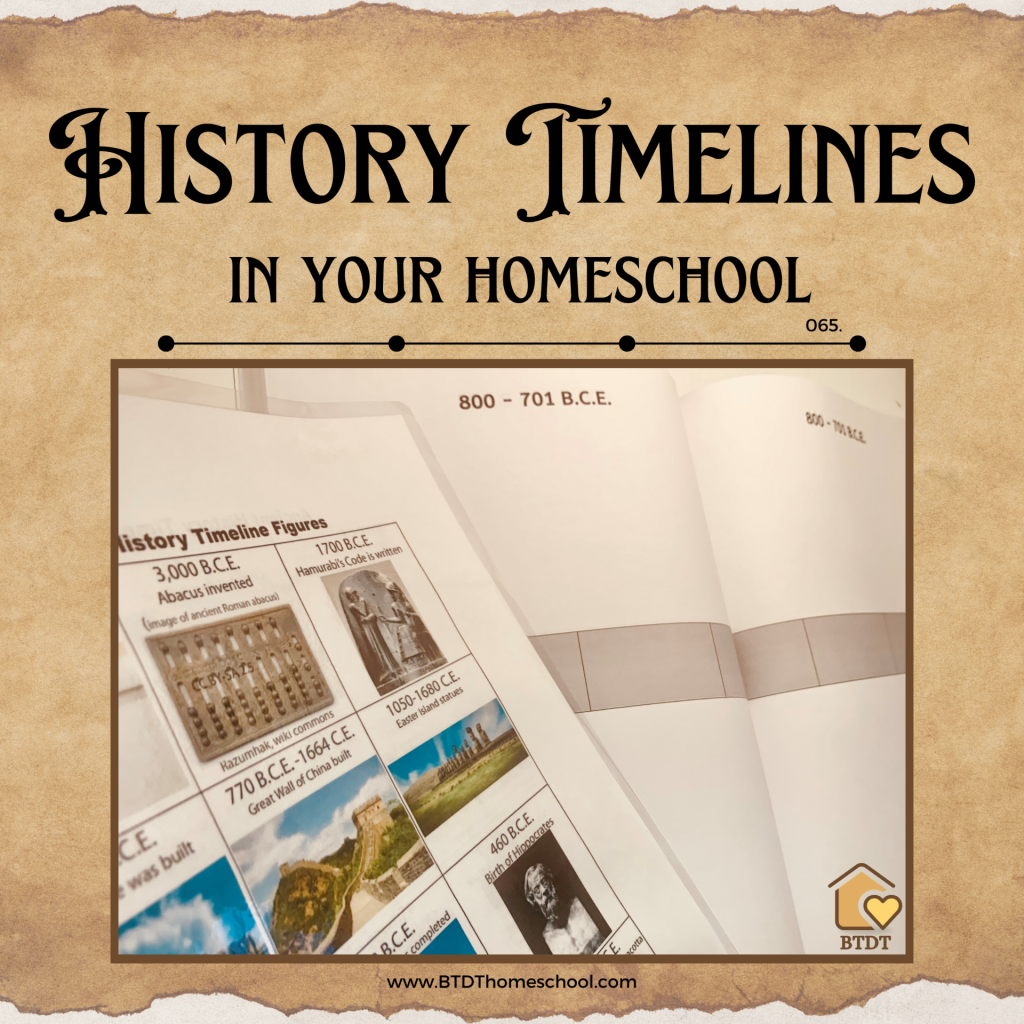Episode 038:
TWO WAYS TO LISTEN TO THIS EPISODE:
1. Click PLAY Button Above ^^ to listen here.
2. OR Listen on your favorite podcast platform:
Scroll down for this week’s FREEBIE:
Skills & Checklist PreK-12th (pdf)
Brand New to Homeschooling?
GETTING START PAGE >>
Kindergarten Page >>
High School Series >>
Show Notes
Kindergarten is such an exciting time for both parents and kids! Maybe the idea of homeschooling is completely new to you, or maybe you’ve been researching the topic for a while and have finally decided to pull the trigger.
Be sure to check out our Getting Started in Homeschooling page. There you will find all kinds of resources like finding balance between multiple children, dealing with naysayers when you’re starting off, socialization questions, and more to guide you as you begin.
How do you begin homeschooling kindergarten? (3:34)
Kindergarten
Curriculum Guide >>
The first step is to find out what your state requires. Every state has different rules for homeschooling, so it’s important to research your state’s homeschool laws. And note that there is often a difference between what a state requires for homeschoolers and what a state requires of public school students. Sometimes, these may not be the same things at all. In many states, there is a *minimum* age in which a child *can* register for public schooling and then there is a *compulsory* age for when they *must* start school. Kindergarten is often not required at all. So don’t get too wrapped up in thinking you absolutely have to have your child homeschooling with a full curriculum at 5. In many states, the compulsory age is 6 or 7 so you may have another year or more.
What does my kindergartener need to know? (6:26)
Our kindergarten advice doesn’t really vary that much from our preschool advice other than adding a Learn to Read Program if they are ready. Our preschool advice is to read lots of picture books together, do messy art and science projects, cook in the kitchen, have lots of imaginative/building toys- blocks, Legos, trains, etc. Spend a ton of time outside- go for nature walks. Get binoculars, magnifying lens, specimen jars and some local bird/wildflower/tree identification guides and take them with you. Sing, dance, play musical instruments. Get a tub of dress up items. Play board games for math. Preschool is so much fun!
Our podcast episode and webpage “What should your Preschooler Know?“ has fantastic ideas that work just as well for 5- and 6-year-olds. It’s packed with valuable information and even includes resources that celebrate the power of play in education. This playful path to learning is such a joyous journey for your child. It allows them to develop age-appropriate skills without any pressure or need for perfection.
Homeschooled kindergartners engage in a wide range of activities and lessons that are designed to foster their early learning and development. While homeschooling approaches may vary, here are some common areas of focus for homeschool kindergartners:
Basic Literacy Skills:
Kindergartners learn foundational skills in reading and writing. They explore letter recognition, phonics, and phonemic awareness. They practice writing letters, words, and simple sentences. They also develop listening and comprehension skills through read-aloud sessions and discussions.
Emergent Reading:
Kindergartners are introduced to early reading strategies. They learn sight words, practice decoding simple words, and engage in guided reading activities. They explore age-appropriate books for new readers and stories, building their reading fluency and comprehension.
Math:
Kindergartners focus on developing their numeracy skills. They learn number recognition, counting, and basic addition and subtraction concepts. They explore shapes, patterns, and measurement. Hands-on activities and math manipulatives help them understand mathematical concepts in a concrete and engaging way.
Science and Nature Studies:
Young children are naturally curious about the world around them, so science and nature studies should be incorporated into their curriculum. They should explore basic scientific concepts with Hands-on Science Activities like weather, plants, animals, and the five senses. They engage in simple experiments, observation-based learning, and nature walks to nurture their curiosity.
Social Skills and Emotional Development:
Kindergartners learn important social skills such as sharing, taking turns, and cooperating with others. They develop their emotional awareness and understanding of their own feelings and those of others. They engage in activities that promote empathy, kindness, and problem-solving skills.
Best Tips for homeschooling kindergarten (16:52):
1. Read a wide variety of fiction and nonfiction books every single day.
2. Keep lessons short.
3. Go outside for field trips, museum visits, and exploration.
4. Be flexible with time and routines. Take a break from the curriculum to follow their interests.
5. Review & Revisit.
6. Get creative when teaching concepts.
7. Use a lot of hands-on activities.
8. Have lots of play and social time.
Art and Creativity:
This age is perfect to provide opportunities for artistic expression and creativity. Do lots of art projects using different mediums and explore imaginative play through dress up. These kinds of activities help them with so much development. Like fine motor skills, expressing their ideas, and fostering their creativity.
Physical Education:
Physical activities and playtime are important for kindergartners’ development. They engage in gross motor activities, games, and exercises that promote coordination, balance, and overall physical well-being.
KINDERGARTEN SKILLS CHECKLIST
This age learns best through a combination of structured lessons, hands-on activities, play, and exploration. The focus is on fostering a love of learning and building a solid foundation for future academic pursuits. It’s also a time when they are developing socially and emotionally.
We know that parents want to know exactly what to do and what skills to master so we’ve come up with this list. We’ve found that combining resources like “Home Learning Year by Year” and “What Your Kindergartner Needs to Know“ along with a combination of basic state standards helps us set goals for language arts and math for each grade.
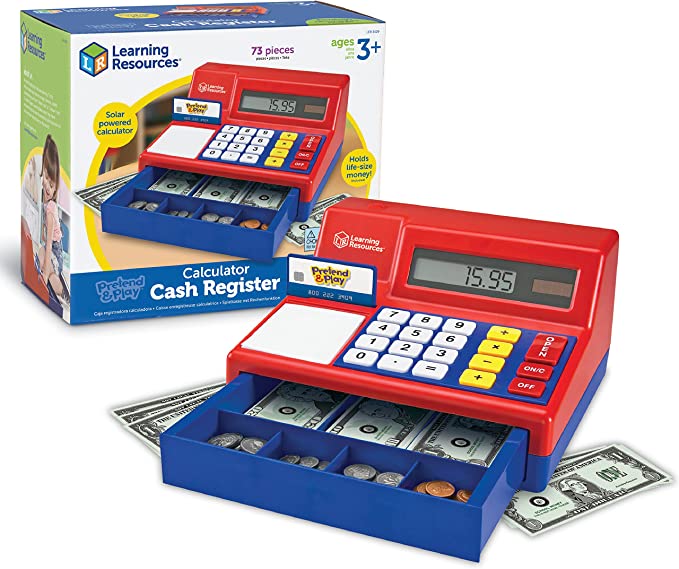
Kindergartner skills to master:
These goals can become your benchmark for the year, allowing you to use various resources and activities to achieve them. This checklist can let you be interest-led while still meeting academic goals. Remember, there’s no “BEHIND” in Homeschool, so choose goals that fit them best.
Scroll down to download the complete list!
We have an entire episode about schedules, routines and rhythms where we talk about organizing your day. While a rigid schedule is definitely not needed for small children, including kindergarteners, many kids do benefit by having a pattern to their day. Kids like to know what is happening next and also having an informal routine or rhythm can really help make your day move more smoothly.
A day in the life of a homeschool kindergartner:
Here’s a sample schedule for a homeschool kindergartener. Keep in mind that flexibility is key, and you can adapt this schedule to fit your child’s needs, interests, and your family’s routine.
8:30 AM: Morning Routine and Circle Time
- Start the day with a morning routine (getting dressed, brushing teeth, etc.).
- Gather for circle time, where you can sing songs, recite rhymes, and discuss the day’s plan.

9:00 AM: Literacy
- Focus on literacy activities such as letter recognition, phonics, or sight word practice.
- Engage in read-aloud sessions or shared reading activities.
9:30 AM: Math
- Introduce mathematical concepts through hands-on activities, counting exercises, or simple addition/subtraction games.
- Use manipulatives or visual aids to support understanding.
10:00 AM: Snack Break and Free Play
- Provide a nutritious snack and allow some time for unstructured play or exploration.
10:30 AM: Science/Nature Studies
- Explore science topics related to nature, weather, or animals. Download your FREE Hurricane Tracking Charts
- Conduct simple experiments or engage in observation-based activities.
11:00 AM: Art/Creativity
- Encourage artistic expression through drawing on paper or sidewalk chalk, painting, or crafting.
- This develops creativity and fine motor skills.
11:30: Physical Education
- You can do things like dancing, yoga, kicking a ball outside, going for a hike, riding a tricycle, or just simple exercises.
- Play active games that promote coordination and gross motor skills.
12:00 PM: Lunch Break and Outdoor Time
- Have a healthy lunch together as a family.
- Spend time outdoors for fresh air, homeschool park day, with exploration.
1:00 PM: Social Skills and Emotional Development and Good Habits
- Focus on activities that promote social skills, empathy, and emotional awareness. If you’re at a play day, help your child learn to share, and how to be a friend. You could also go on a field trip with friends to a museum or a wildlife refuge. These interactions were cornerstones for us at that age.
- Engage in conversations. If you’re home, you can role-play or play cooperative games or do a puzzle together.
- Model good manners and practice doing chores and habit formation
1:30 PM: Theme-Based Learning
- Choose a theme (e.g., community helpers, seasons, or animals) and explore it through various activities.
- Read books, watch educational videos, or engage in hands-on projects related to the theme.
2:00 PM: Independent Reading/Quiet Time
- Have books that your children love available all the time and encourage them to read or do quiet activities like puzzles or drawing. Many children aren’t reading yet, but they probably have their favorite book memorized and love to look through them.
- Provide a cozy space and quiet exploration. We always had an art area with paper in colored pencils that were available all the time. Remember, learning doesn’t stop when school is over. Kids are always learning and having these things available keeps them engaged.
So keep in mind that even though we listed times here, this doesn’t mean that you must be doing these activities for the entire time slot until the next one. Really, kindergarten shouldn’t take more than 30 minutes to an hour to accomplish a day. But you can do a few minutes here or a few minutes there.
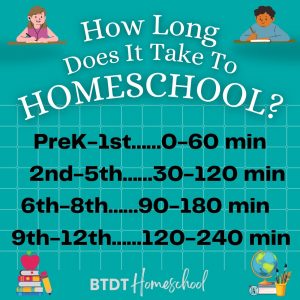
This is just a suggested schedule, and you can modify it according to your child’s needs and your family’s routine. Flexibility is key, and don’t forget to include breaks and playtime throughout the day. Kids are going to learn more and retain more when they are interested in what they are learning so don’t be afraid to follow their lead.
What curriculum should I use? (25:19)
We know how exciting yet overwhelming it can be to find the perfect curriculum for kindergarten. But here’s the thing, you don’t really need a formal curriculum at this stage! Remember, the skills we listed earlier are just a guide and many of the skills can be mastered through play. Research actually suggests that play-based learning is the way to go for young children like yours. You can create a rich learning environment right within the comfort of your home.
But we know that some of you are still going to want to buy a curriculum and get started. And that’s ok too! But I understand that you might still want some structure and reassurance that your child is covering important areas of kindergarten. Be sure that you spend some time deciding WHAT you want to teach and HOW you want to teach it. To help you, we’ve created 7 Simple Steps to Choosing Curriculum to guide you to find the perfect fit for your family.
So, let’s explore some popular publishers who offer homeschooling curriculum for this stage.
Browse Through Our Full Kindergarten Curriculum List >>>
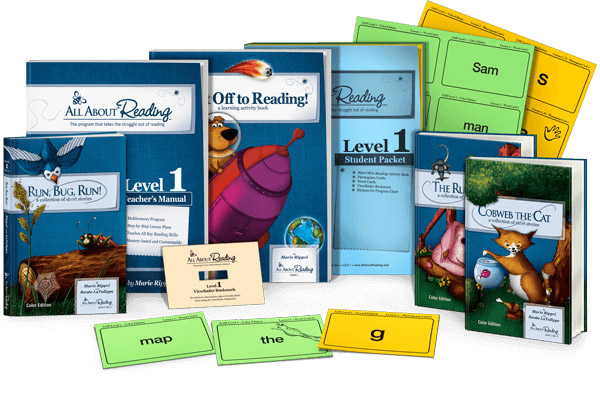
We really have made it a point to not recommend specific curricula on our podcasts and one of the reasons why is that it’s an ever-evolving thing. Curriculum companies come and go, some change resources, and there are constantly new things coming on the horizon!
We’ve used Universal Yums for years. My kids LOVE them!

We’ve both been homeschooling a long time and who knows if we would have used some of the things, we did in favor of a lot of the things that have come out since. So, this list comes to you with either our personal recommendations, or recommendations from other secular resources that we follow. We keep an eye out and stay current on what’s new, and or what may be debatable or problematic with certain programs,
Facebook Resource Group:
As we mentioned before, homeschoolers really love to help each other out and share free resources. Many local groups do curriculum swaps and there are a lot of Free homeschool resources Facebook groups. Just this week we created a brand-new Facebook group for the sole purpose of sharing free and low cost homeschool resources. Since the popularity of homeschooling has grown so much since Covid, a lot of our go-to groups have been flooded with SPAM and it can be hard to sift through all that.
